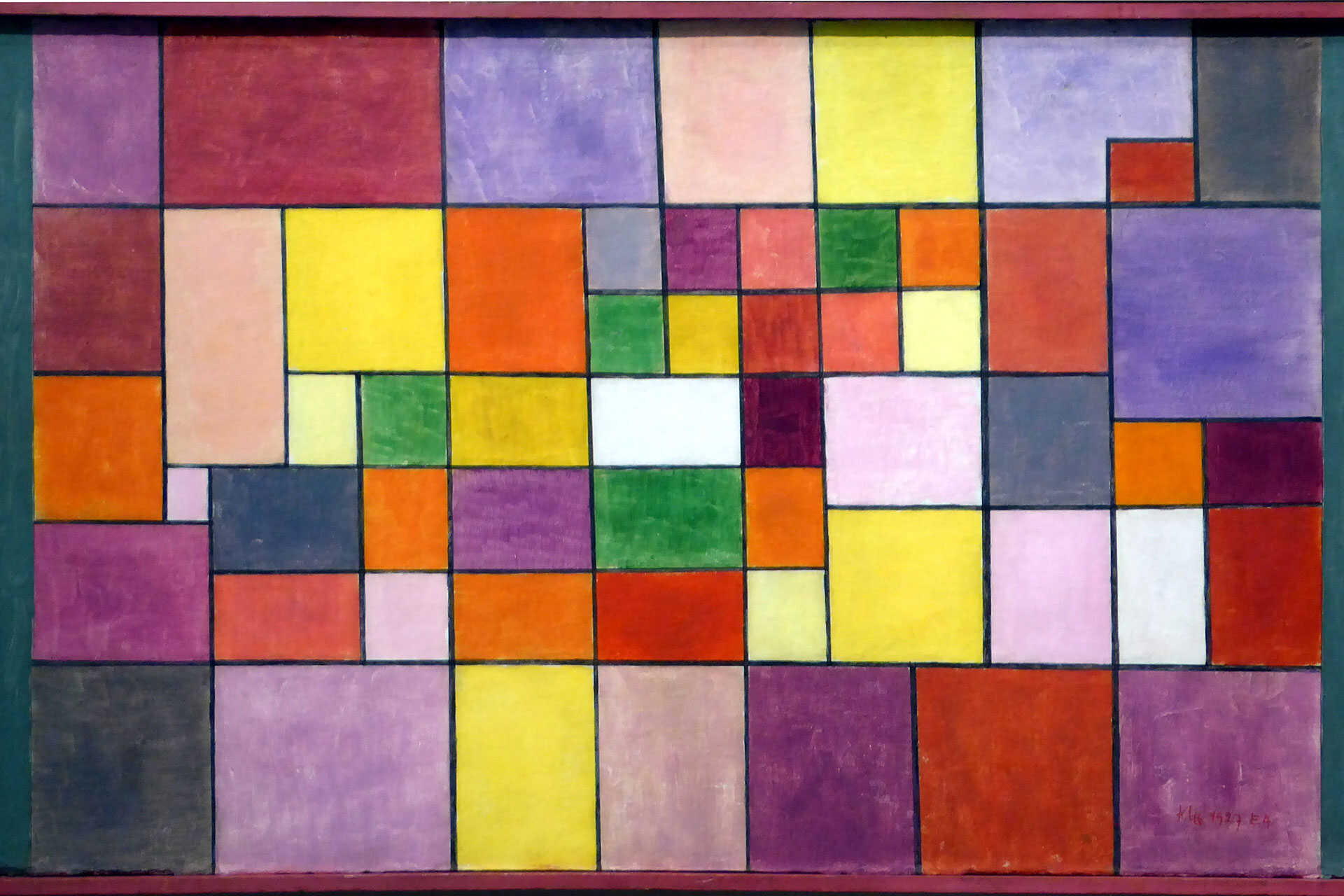Describe your role at the Paris School of Arts and Culture?
My role is to offer additional support to English students studying at the Paris School of Arts and Culture. As the largest subject area at the Paris campus, it is important that we have a dedicated member of the academic staff based in the city and able to meet regularly with students. As part of this job, I will be running a dissertation module, a reading group, a student advocate forum and holding one-to-one meetings. I will also work closely with students and other Paris-based institutions to organise events and conferences that will enrich the experience of studying on our MA programmes. Additionally, I will contribute to the School’s marketing and recruitment strategy to ensure that we continue to build on our success and attract even more students with a passion for literature and for Paris itself!
What do you teach in Paris?
I convene and teach ‘Modernism and Paris’, which focuses on a range of exciting, experimental texts that are either inspired by, set in, or refer significantly to the city. A diverse array of modernist writers are covered, including Gertrude Stein, Virginia Woolf, Katherine Mansfield, André Breton, Louis Aragon, Djuna Barnes, Elizabeth Bowen and Jean Rhys. We also consider the European Avant-Garde by looking at a range of manifestos. I thoroughly enjoy teaching this module each year because it allows students to study in the very city that was at the heart of modernism. As part of this exploration, I take students on trips to museums and galleries in Paris, such as the Musée Picasso and Centre Pompidou, as well as landmarks significant to the authors we read on the course.
What other benefits are there for students studying at the School?
There are always fascinating talks and events taking place at Reid Hall and other sites across Paris. In the past, I have organised guest lectures and events such as the ‘Cross-Channel Modernisms’ symposium held in 2015 in collaboration with the Université Sorbonne Nouvelle and the University of Glasgow. Since then, I have helped students to organise their annual week-long, interdisciplinary MA Festival, which opens with a conference and includes various other creative and artistic happenings. These events offer MA students – whether those based in Paris or in Kent’s other European centres – the opportunity to present their first ever conference papers alongside leading experts from France, the UK and beyond.
What do you enjoy about teaching in Paris?
One of the most rewarding aspects of working at the Paris centre is the opportunity to teach an international group of students in a thoroughly international city. Whether from Europe, North America, South America, Africa, Asia or Australasia, a variety of perspectives on the art and culture of modernity always enhances the experience of reading modernist literature and of exploring its relationship to Paris. For these reasons, teaching here has been a real highlight of my career so far.
What are your main research interests?
My main research interests are primarily in modernist literature, animal studies and critical theory. These interests intersect in my publications to date, which include my books Virginia Woolf and the Materiality of Theory: Sex, Animal, Life and Animal Theory: A Critical Introduction.





